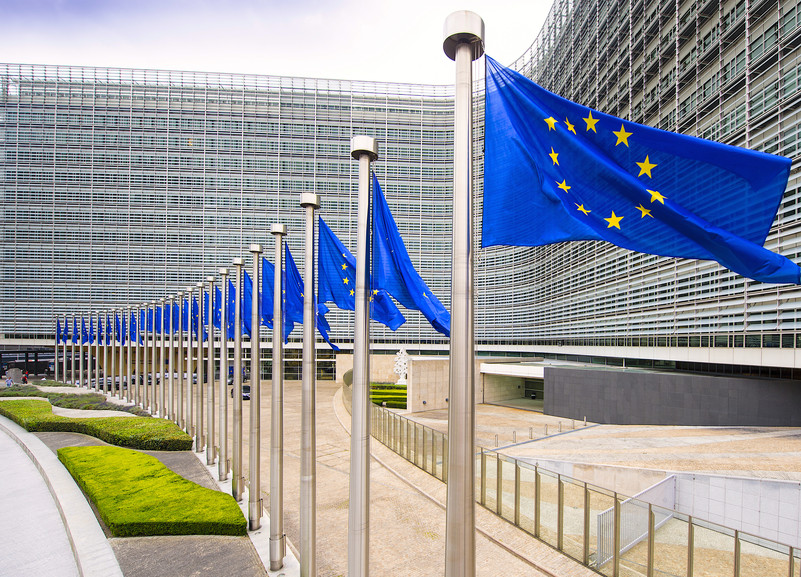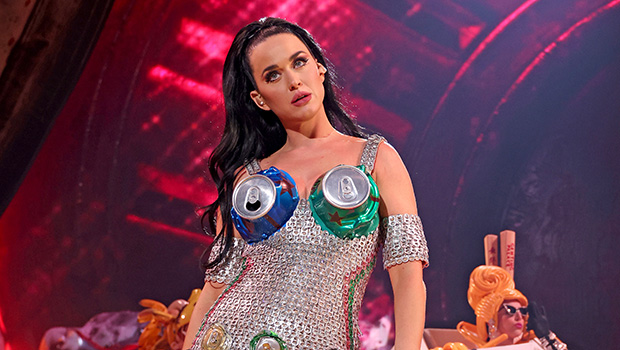EU & the World
Internal Memo Highlights Flaws In EU’s Russia Sanctions

Although the EU has received anonymous tips-offs about Russia-sanctions violation, European capitals have done little to share information about frozen assets.
In an internal memo distributed on Monday (8 May), EU officials stated that the “whistleblower” tool created by the European Commission in March “has been quite successful in terms of the number received”.
But “COM [the Commission] It added that the referring of cases to member states was very selective (only those that were based on proof). This indicated a passive approach to further investigations.
The commission has created a task force for special sanctions, “Freeze and Seize”, that meets once a monthly.
Its efforts to curb circumvention are based primarily on the trawling of customs data rather than accessing hard intelligence.
The memo stated that the work was focused on “data analyses in particular in custom and trade sectors to trace trade redirection cases and possibly circumvention” by identifying suspicious trade flows.
The commission is also developing a new IT platform, called SIER, where EU capitals will be able to share “notifications of frozen assets” as well as “authorisations granted”, for derogations such humanitarian reasons.
The memo stated that this should be done “by the end” of the year.
The memo stated that for the moment, they will be using a “messaging board”, FSOR, to test the functionality. However, “only five or 6 member states have tested the functionalities thus far”, it noted.
On Wednesday, the ambassadors of EU countries also held their first talks about an 11th round Russia sanctions.
These measures are aimed at preventing Moscow-friendly countries, such as China or Iran, from violating sanctions against Russia.
The initial proposals of the commission on new blacklists disappointed frontline EU nations, such as Lithuania, Poland and other EU member states. They did not include any new Russian oligarchs or its liquid gas, diamonds and nuclear exports.
One senior EU diplomat said to EUobserver that the 11th package was “simply toothless” when asked if sanctions would be finalised at the informal meeting of EU foreign ministers in Stockholm, Sweden on Friday.
“It doesn’t really matter when it happens — before, during or after Gymnich — it will be decided, if it is agreed at all,” said the diplomat. (Gymnich) is the EU term for informal EU meetings organised by rotating EU presidency.
The internal memo on sanctions also highlighted other problems with implementation, regardless of what the EU countries decide in the end.
One of the ways to minimize job losses in Europe is to keep up with the Russian oligarchs’ shell games about company ownership.
Officials spoke about “the difficulties that member states may face if an EU company is controlled a sanctioned individual, such as determining who controls the company or avoiding bankruptcy”.
“Firewalls” could be a solution to dissociate the control from the designated individual, they said, referring to the legal structures that allow a Russian-owned plant in the EU to continue operating under caretaker management, even if the Russian owner is persona non grata.
Another problem was the scale and complexity of EU sanctions. A recent “consolidated list” (a list of all EU financial sanctions in place) seen by EUobserver ran to 934 pages.
There were at least five different types to unfreeze the money for humanitarian reasons, creating loopholes in the confusion.
The EU memo stated that its “media lines to take” regarding sanctions should be “less technically and more pro-active, offensive and offensive”, in order to “better combat the Russian narrative”.
EU messages should “insist, for example, on the [EU] Donation of fertilisers to African Countries — Countering the false narrative of the EU making money from it [its Russia and Belarus sanctions regime]”, the memo suggested.
The EU should also “target specific groups by taking local context into consideration”, it added. It was referring to Russian mercenaries in Africa and their human right violations.
Some ideas that were being discussed in the EU suggest that Moscow is way ahead of the game in terms creative propaganda.
At a meeting held in March, EU diplomats were pondering how to improve their “counter-weapon” for PR. One “delegation” suggested using’restrictive actions’ instead of’sanctions’ due to their negative connotation”, according to the memo.
EU & the World
Katy Perry Wants This Country Music Artist to Replace Her on ‘American Idol’

The “Hot N Cold” singer admitted that a recent guest who was on ‘Idol’ would be a great person to fill her seat at the judge’s table when she leaves.
EU & the World
Alec Baldwin’s ‘Rust’ Shooting Case: What to Know About the Charges, Possible Prison Time & More

The ’30 Rock’ alum was indicted by a grand jury in early 2024 on involuntary manslaughter charges. Learn about the case, here.



EU & the World
Brian Austin Green Reveals His & Megan Fox’s ‘Number One’ Rule for Co-Parenting

‘The only choice you have is how it affects the kids,’ Brian said in a new interview while explaining how he and Megan co-parent their sons.

-

 EU & the World7 days ago
EU & the World7 days agoMorgan Wallen’s Ex KT Smith Responds to Rumor That His Arrest Is Related to Her Marriage Announcement
-

 EU & the World7 days ago
EU & the World7 days ago‘Joker: Folie a Deux’ New Trailer Unveiled: Everything We Know About the New Movie
-

 EU & the World7 days ago
EU & the World7 days agoWho Is Aoki Lee Simmons? 5 Things About the Model Who Split From Vittorio Assaf
-

 EU & the World6 days ago
EU & the World6 days agoJax Taylor and Brittany Cartwright Get Candid About Their Sex Life Before Breakup
-

 EU & the World6 days ago
EU & the World6 days agoBlake Lively Gushes About ‘Dreamy’ Husband Ryan Reynolds Ahead of His New Movie ‘If’
-

 Sports6 days ago
Sports6 days agoElia Caprile, agent dribbles on future
-

 Sports5 days ago
Sports5 days agoPrimoz Roglic skips Fleche Wallonne and Liège-Bastogne-Liège
-

 EU & the World7 days ago
EU & the World7 days agoJelly Roll Reveals the Reason Why He Turned Down Taking a Photo With Diddy Last Year









